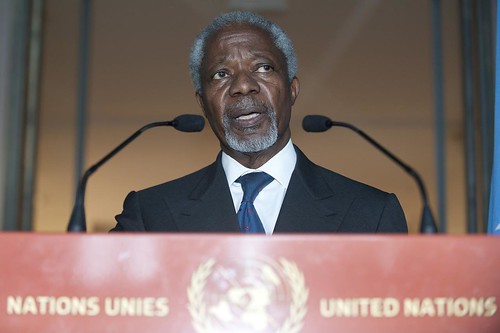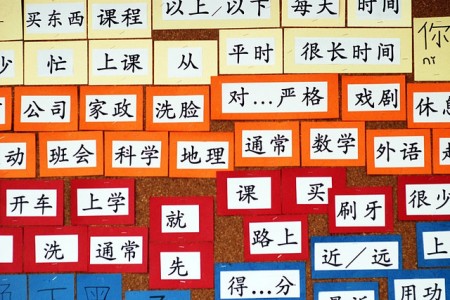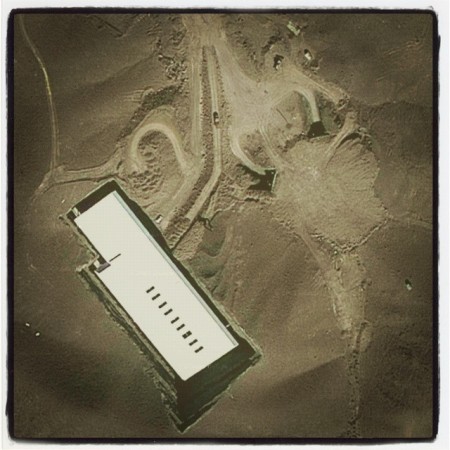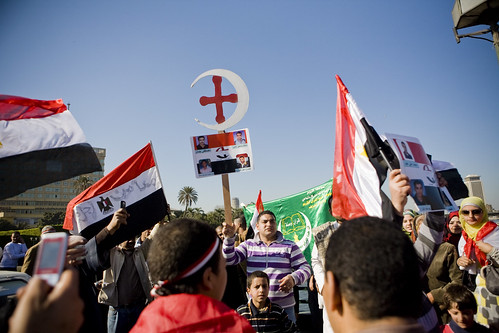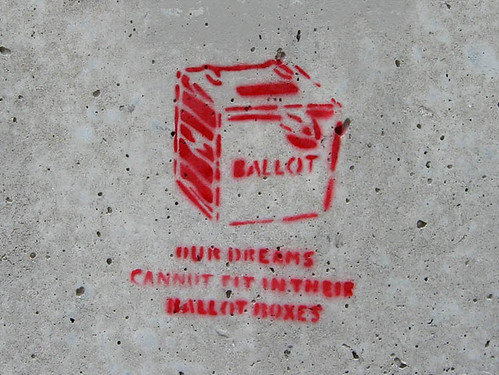
NEW YORK – A surprising number of elections and political transitions is scheduled to occur over the coming months. An incomplete list includes Russia, China, France, the United States, Egypt, Mexico, and South Korea.
At first glance, these countries have little in common. Some are well-established democracies; some are authoritarian systems; and others are somewhere in between. Yet, for all of their differences, these governments – and the individuals who will lead them – face many of the same challenges. Three stand out.
The first is that no country is entirely its own master. In today’s world, no country enjoys total autonomy or independence. To one degree or another, all depend on access to foreign markets to sell their manufactured goods, agricultural products, resources, or services – or to supply them. None can eliminate economic competition with others over access to third-country markets. Many countries require capital inflows to finance investment or official debt. Global supply and demand largely set oil and gas prices. Economic interdependence and the vulnerability associated with it is an inescapable fact of contemporary life.

